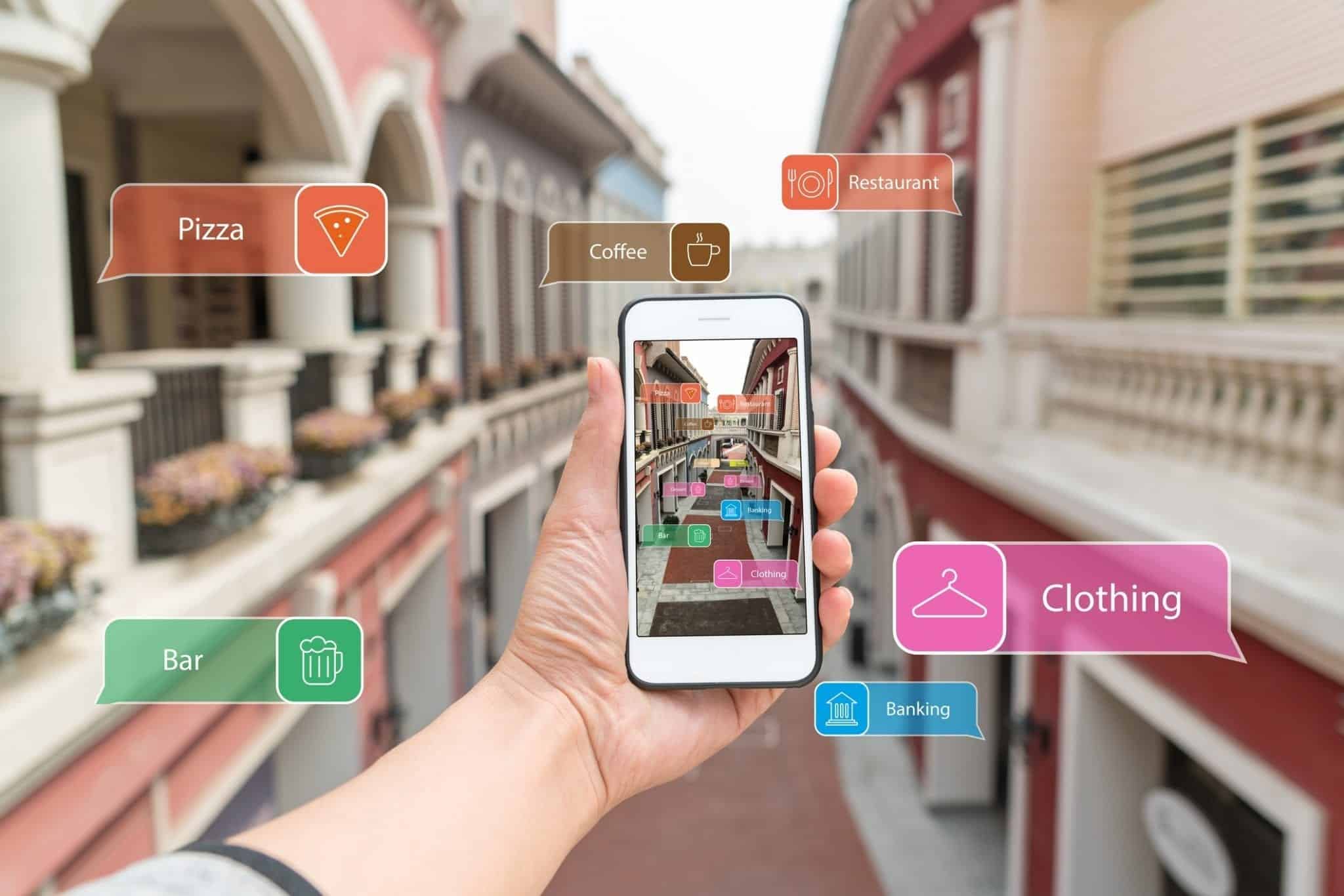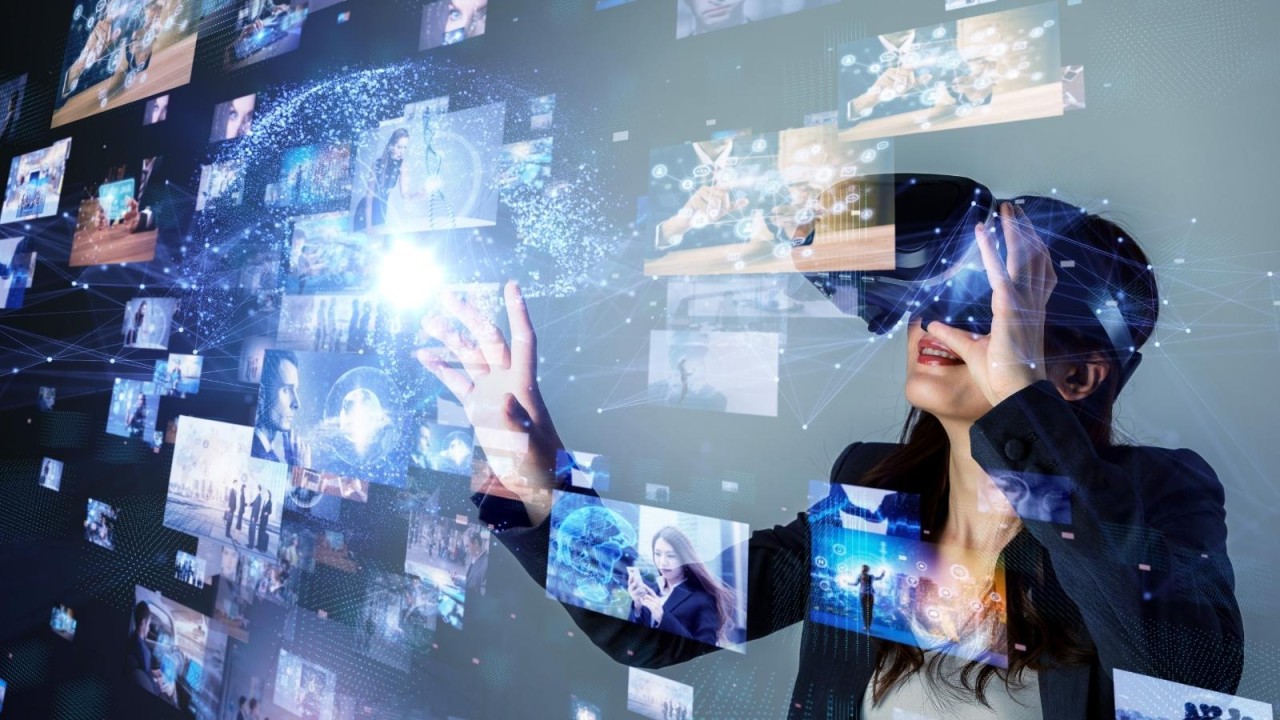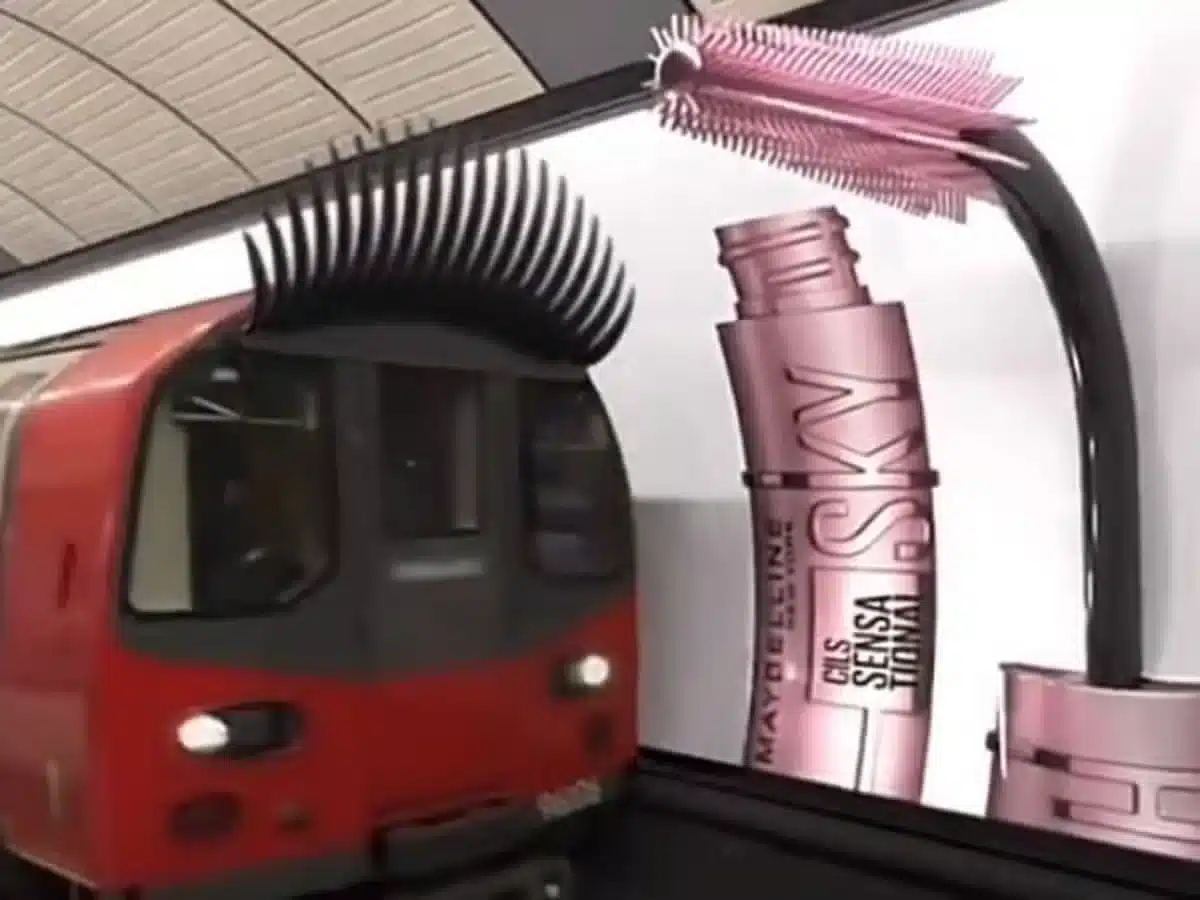In today’s competitive digital landscape, brands must go beyond traditional marketing methods to capture consumer attention and build strong connections. As technology evolves, augmented reality (AR) is emerging as one of the most powerful tools in experiential marketing, allowing brands to create immersive, interactive, and highly engaging campaigns.
From AR-powered social media filters to virtual try-ons, interactive product visualizations, and live event activations, AR transforms how brands communicate with consumers. This technology not only enhances digital marketing strategies but also bridges the gap between online and offline experiences, making brand interactions more memorable.
In this article, we’ll explore how augmented reality can be used in marketing, highlight real-world examples, and discuss how Towerhouse Global can help brands implement AR-powered experiential marketing campaigns for maximum engagement and ROI.
1. What is Augmented Reality in Marketing?
Understanding Augmented Reality (AR) and Its Role in Marketing
Augmented reality (AR) overlays digital content—such as 3D objects, animations, and interactive features—onto real-world environments through smartphones, tablets, AR glasses, and other devices. Unlike virtual reality (VR), which immerses users in a fully digital world, AR enhances real-world experiences with interactive digital elements.
📌 Why AR is Revolutionizing Marketing:
✔ Creates highly interactive brand experiences.
✔ Bridges the gap between e-commerce and physical retail.
✔ Encourages social media sharing and organic brand exposure.
✔ Enhances customer engagement through gamification and storytelling.
How Towerhouse Global Helps:
We specialize in developing AR-powered marketing campaigns, live event activations, and digital brand experiences that engage audiences and drive brand loyalty.
2. Ways Augmented Reality is Used in Marketing
- AR-Powered Virtual Try-Ons & Product Visualization
📌 Why It Matters:
- Customers can “try before they buy” by using AR to visualize how products look on them or in their space.
- This reduces uncertainty in online shopping and boosts purchase confidence.
📌 Example:
- Sephora Virtual Artist – Uses AR to let customers try on makeup virtually before purchasing, improving online shopping experiences.
✔ Why This Works:
✅ Reduces return rates and increases conversion rates.
✅ Allows customers to make confident purchasing decisions.
✅ Creates a fun and interactive shopping experience.
How Towerhouse Global Helps:
We develop AR-powered virtual try-on experiences for fashion, beauty, and retail brands, enhancing customer engagement and boosting sales.
- AR in Social Media Marketing & Branded Filters
📌 Why It Matters:
- Social media platforms like Instagram, Snapchat, and TikTok now support AR-powered branded filters, lenses, and interactive experiences.
- Brands can create custom AR effects to drive social engagement and encourage user-generated content (UGC).
📌 Example:
- Gucci’s AR Sneaker Try-On – Gucci partnered with Snapchat to allow users to try on and purchase sneakers through an AR filter.
✔ Why This Works:
✅ Encourages social sharing and word-of-mouth marketing.
✅ Increases brand awareness through interactive, viral experiences.
✅ Provides a fun and engaging way for consumers to interact with products.
How Towerhouse Global Helps:
We create custom AR-powered social media filters and interactive brand experiences that amplify engagement and brand visibility.
- AR-Powered Interactive Packaging & Print Ads
📌 Why It Matters:
- Brands can make print ads, brochures, and product packaging interactive by embedding AR elements.
- Customers scan packaging or ads with their phones to unlock exclusive digital content, product demos, and interactive storytelling.
📌 Example:
- Coca-Cola’s AR Holiday Packaging – Coca-Cola launched interactive AR cans that played animated holiday messages when scanned.
✔ Why This Works:
✅ Transforms traditional marketing materials into interactive experiences.
✅ Creates deeper emotional connections with consumers.
✅ Encourages digital engagement through physical products.
How Towerhouse Global Helps:
We design AR-enhanced product packaging and print advertisements to create engaging, interactive brand experiences.
- Augmented Reality for Live Events & Experiential Marketing
📌 Why It Matters:
- Brands can use AR to enhance live events, trade shows, and brand activations, creating interactive and gamified experiences.
- AR-powered scavenger hunts, digital overlays, and location-based activations encourage audience participation.
📌 Example:
- Pepsi Max’s AR Bus Stop Campaign – Pepsi surprised commuters with AR screens that displayed surreal scenes like alien invasions and wild animals appearing on the street.
✔ Why This Works:
✅ Creates shareable, viral marketing moments.
✅ Encourages consumer engagement and participation.
✅ Blends real-world environments with digital storytelling.
How Towerhouse Global Helps:
We produce AR-powered live events and experiential marketing activations that captivate audiences and enhance brand storytelling.
- AR for E-Commerce & Retail Experiences
📌 Why It Matters:
- Augmented reality bridges the gap between online shopping and physical retail.
- Retailers use AR to help customers visualize products in real-time before purchasing.
📌 Example:
- IKEA Place App – Customers can use AR to place virtual furniture in their homes before buying, improving online shopping decisions.
✔ Why This Works:
✅ Reduces buyer hesitation by offering real-time product visualization.
✅ Makes online shopping more immersive and interactive.
✅ Enhances consumer trust and brand credibility.
How Towerhouse Global Helps:
We integrate AR-powered e-commerce experiences and in-store retail activations to improve customer engagement and drive sales.
- The Future of Augmented Reality in Marketing
📌 Upcoming AR Trends to Watch:
✔ AI-Powered Personalized AR Experiences – Brands will use AI-driven AR to tailor experiences to individual consumers.
✔ Metaverse & AR Commerce – Shopping will move to virtual showrooms and interactive 3D brand experiences.
✔ Wearable AR Devices & Smart Glasses – Hands-free AR marketing will become mainstream.
✔ Location-Based AR Advertising – AR will enhance outdoor advertising and real-world brand interactions.
📌 Example:
- Ray-Ban & Meta Smart Glasses – These AR-powered glasses allow users to interact with real-time digital overlays.
✔ Why This Matters:
✅ Brands that adopt AR early will lead the next era of marketing.
✅ Consumers expect highly interactive, personalized brand experiences.
✅ AR will drive engagement, sales, and long-term brand loyalty.
4. How Towerhouse Global Can Help Brands Implement AR in Marketing
📌 Our Augmented Reality Services:
✔ Custom AR Social Media Filters & Lenses – Creating branded AR experiences for Instagram, TikTok, and Snapchat.
✔ AR-Powered E-Commerce & Retail Experiences – Enhancing online shopping with virtual try-ons and 3D product previews.
✔ Live Event & Trade Show AR Activations – Transforming in-person events into interactive digital experiences.
✔ AR-Enhanced Advertising & Print Campaigns – Designing interactive digital overlays for traditional marketing materials.
Contact Towerhouse Global today to develop a high-impact AR marketing campaign that captivates audiences and transforms brand engagement!
Final Thoughts: Why Augmented Reality is the Future of Marketing
✔ AR-powered marketing makes brand interactions more immersive and engaging.
✔ Experiential marketing campaigns that integrate AR create lasting customer connections.
✔ Brands that invest in AR will stay ahead in the digital marketing landscape.
At Towerhouse Global, we specialize in:
✅ Creating immersive AR-powered brand activations.
✅ Enhancing digital and live event experiences with AR technology.
✅ Delivering innovative experiential marketing solutions.
Ready to elevate your marketing strategy with AR? Contact Towerhouse Global today!




